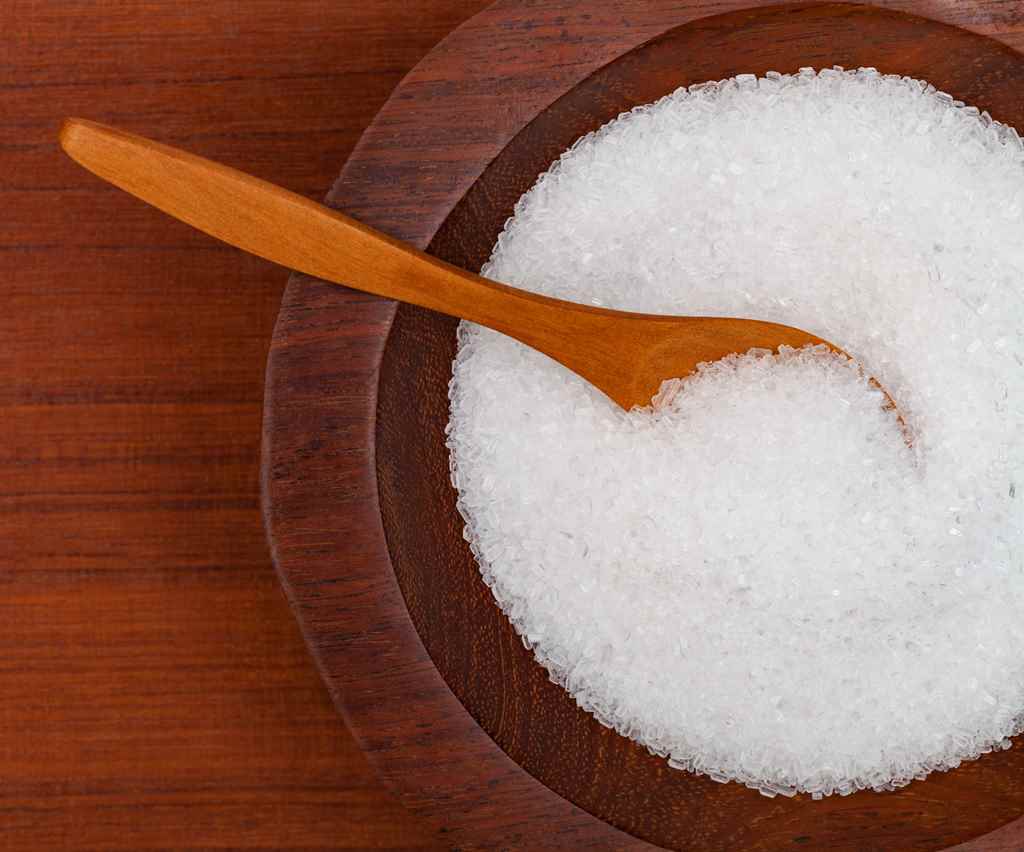- Anagen which is when active hair growth takes place. This can last anywhere between two and six years.
- Catagen, also known as the transitional hair growth phase which lasts for two to three weeks.
- Telogen which is the resting phase, at the end of which hair is shed and replaced by a new hair which in turn restarts the growth cycle. This phase lasts for about two to three months.
What Are The Common Hair Loss Patterns?
Hair loss or alopecia can occur in different patterns based on different causes. Some common hair loss patterns are
1. Involutional Alopecia
This is a natural form of hair loss that occurs with age. The hair starts to thin, hair follicles go into the resting phase and eventually shed and bald patches may occur.
2. Androgenic Alopecia
This kind of hair fall is usually genetic in nature and can affect men and women equally. In men, it is called as pattern baldness and some common symptoms include a receding hairline and baldness around the crown region. This can happen to men in their 20s and women in their 40s.
3. Alopecia Areata
This kind of hair fall is characterized by patchy hair loss which eventually leads to complete baldness. This is seen in children and young adults.
4. Telogen Effluvium
This is when there is temporary thinning of hair, especially over the scalp when many hairs enter the resting phase of the growth cycle. This leads to shedding as well as thinning of the hair strands.
5. Scarring Alopecia
This is one of the more severe forms of hair loss which is a result of inflammatory skin conditions. This leads to a permanent, often irreversible form of hair loss.
What Are The Common Causes Of Hair Loss?
While pattern baldness and hair loss in both men and women are common, the causes of this are numerous. Each person's body chemistry is different and no two people's hair loss patterns are the same. However, having said that, there are some common causes of hair loss, both in men and women. These include
1. Physical And Emotional Stress
This is one of the most common causes of hair loss in the world today, given the strenuous lifestyle. Pushing your body to extreme limits physically including over-exercising, lack of sleep etc. leads to hair fall. At the same time, emotional stress, depression or anxiety can also take a toll on the growth and death cycle of your hair.
Also Read : Stress-Induced Hair Loss? Here's What You Need To Do!
2. Hormonal Imbalance
Another common cause of hair loss in both men and women is the increase in male and female sex hormones. For men, this can occur after the age of 40 leading to a receding M-shaped hairline and eventual pattern baldness. For women, it is a result of experiences such as pregnancy, menopause and birth-control pills.
3. Vitamin And Protein Deficiency
What you eat in a day does not affect only your body and skin, but also your hair. If you do not get the necessary proteins and vitamins such as Vitamin D, the growth cycle of your hair gets altered, leading to hair fall. Often times, anaemia which is simply iron deficiency can also be one of the contributing factors to hair fall.
4. Steroids, Antidepressants And Other Medication
Often, antidepressants and steroids taken over a longer period of time can have irreversible effects on the growth and death cycle of your hair. This is because these drugs contain compounds that prevent the growth and multiplication of cells. Thus, the hair follicles get damaged, leading to eventual hair loss.
5. Diseases
Auto-immune diseases, polycystic ovarian disorder and hypothyroidism are some of the common diseases that lead to hair loss, especially in women. This is because these diseases can tamper with the hormones that are responsible for metabolism and division of cells. The only way this can be treated is by taking prescribed medication for a long period of time.
You can also check out Anveya's Ban the fall hair serum. India's first hair fall control solution specially made for women. It contains key ingredients such as basil extract, onion oil and chamomile oil which reduces hair loss and increases multiplication of hair follicles.
ANVEYA BAN THE FALL ONLY FOR WOMEN,120ML
• Reduces hair loss in women
• Strengthens hair from the roots up
• Increases multiplication of hair follicles
• Soothes the scalp promoting denser hair
What Are The Effects Of Hair Loss?
While the most visible and obvious sign of hair loss is balding, the psychological effects of hair loss though not visible to the eye can cause more damage than you know. Common psychological effects include
1. Lack Of Confidence
The fact that you are losing hair every day becomes such a great concern that you lose confidence in the way you look. You are constantly wondering if people are judging you or passing remarks at your bald spots that you lose all confidence in yourself.
2. Gnawing Fears
Another psychological effect of hair loss is the fear that you are going to become completely bald. This fear also leads to the fear that you are becoming older and unattractive and that nobody is ever going to think that you are handsome/attractive.
3. Workplace Issues
When low self-esteem and fears overpower you, waking up every day and going about your day becomes a huge task. Because your mind is not at peace, simple mundane jobs at work become impossible to do which in turn affects your work-life balance.
4. Depression
Depression can easily be triggered when someone feels unattractive and demotivated. Hair loss and eventual baldness can definitely trigger depressive episodes in both men and women.
What Are The Natural Ways To Stop Hair Loss?
When most people are plagued by hair fall, the first step that they take is to find natural or home remedies to stop hair loss. This is the best way to go about it as approaching this naturally will help rectify the cause of the hair loss and eliminate it, once and for all. Some tips and tricks that you can follow are
1. Pick The Right Shampoo And Conditioner
This is the basic and most important step of all. Finding a shampoo and conditioner that works for your scalp type can eliminate hair loss altogether. Make sure that the products that you use on your hair are free from chemicals such as parabens, sulphates and silicone as they can further degrade the quality of your hair. At the same time, also make sure that you are not washing your hair too frequently which strips the hair of all its natural oils, leading to hair fall.
2. Oil Your Hair Regularly
Oiling your hair at least once a week is a must if you are facing hair loss. Use coconut oil or almond oil on your roots, gently massaging it in to facilitate better blood circulation. Doing so on a regular basis will give your hair follicles the nourishment that it needs.
Also Read : The Best Times To Oil Your Hair
3. A Healthy Diet
The secret to healthy hair is a good diet. Make sure that your diet comprises of a good mix of proteins, vitamins and healthy fats. Some foods that can prevent hair fall and do wonders for your hair are
Spinach
Spinach is rich in Vitamins A and C, iron and proteins. Iron is responsible for strengthening the hair roots while magnesium and potassium make sure that the scalp is healthy.
Oranges

Oranges are rich in Vitamin C which facilitates the absorption of iron in the body. Since oranges are also rich in antioxidants, it prevents the damage caused by free radicals which lead to the weakening of hair strands. Other sources of Vitamin C include lime, papaya and blueberries.
Carrots
Carrots contain Vitamin A which promotes hair growth. Apart from this, carrots make hair thick and lustrous as it improves blood circulation and strengthens the hair from the roots. It also protects hair from pollution and damage.
Oats

Oats are a rich source of PUFAs or polyunsaturated fatty acids. These stimulate the growth of new hair follicles while strengthening existing ones. Oats are also rich in iron and zinc which keeps the scalp clean.
4. Home Remedies
Apart from the above-mentioned tips, sometimes, your hair needs that extra love and care. This can be made possible by treating yourself to a hair-spa day at home using some natural home-made hair masks. Some easy DIYs include: Coconut milk: Apply freshly made coconut milk on the scalp. Let it sit for about 20 minutes before you can rinse it off. Repeating this process once a week, will ensure that your hair is hydrated and moisturized. The proteins and essential fats present in coconut milk will prevent the breakage of hair will strengthening the hair roots at the same time.
Amla

Amla is said to be extremely rich in Vitamin C. This helps strengthen hair and promotes collagen production which is essential for hair growth. Squeeze the juice from Amla and apply it to the roots mixed in with coconut oil using a cotton ball. Wait for about half an hour for the scalp to absorb the nutrients and then rinse your hair with shampoo. Doing this twice a week can also prevent premature greying.
Green Tea

Soak about 2-3 bags of green tea in warm water. Use this water to rinse your hair with once a week. Green tea is said to stimulate otherwise dormant hair follicles, thus improving the growth cycle of the hair. Since green tea is known to increase metabolism, it also facilitates cell growth and regeneration. All in all, hair fall is a normal biological process that gets triggered due to some factors. However, this is not permanent and can be prevented and treated just like any other ailment. Do not let it bring you down or make you unhappy.
Also Read : Green Tea Extract- A Magic Potion For Hair
Disclaimer: All the content on anveya.com/blogs is solely for information. It is not intended to be a substitute for professional medical advice, diagnosis or treatment. Always seek the advice of your physician or a qualified health care provider. The information, suggestion or remedies mentioned on this site are provided without warranty of any kind, whether express or implied.




